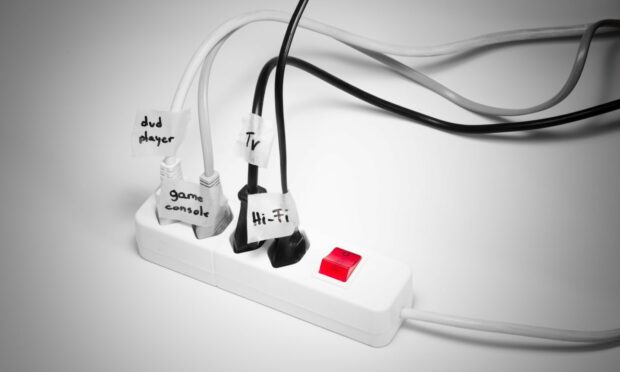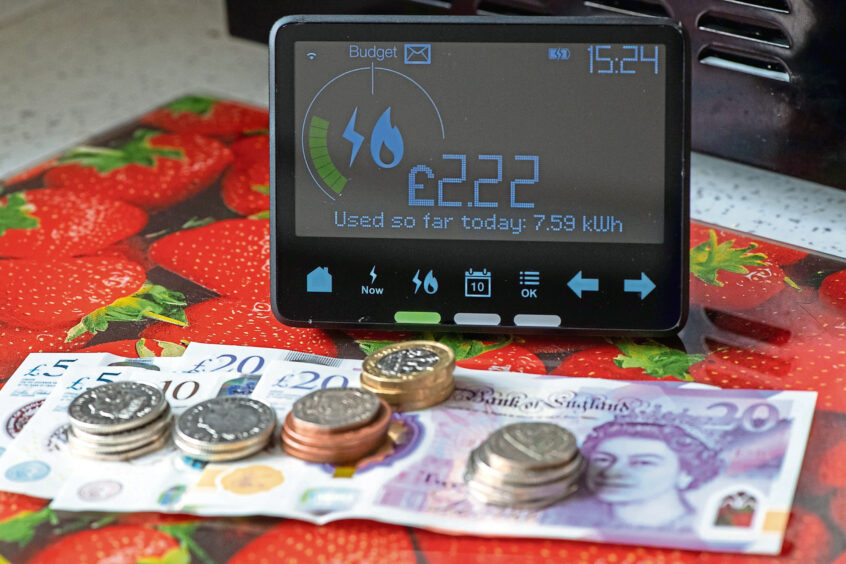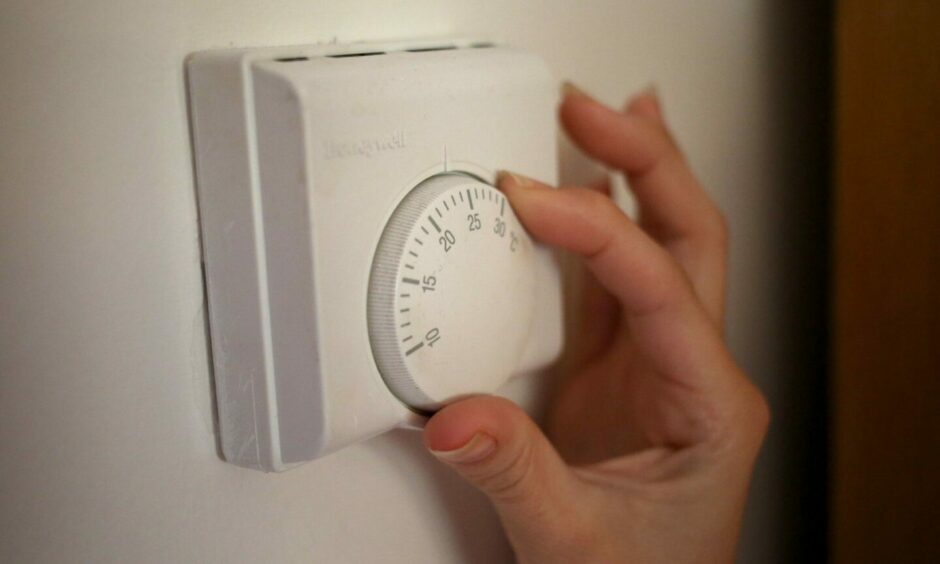The clocks have now gone back leading to nights turning darker and colder quicker.
With the cost of living crisis in full force, and no sign of it easing anytime soon there is fears over how people will afford to heat their homes.
The latest data from the Office for National Statistics (ONS) shows that almost half of adults (45%) who pay energy bills are finding it difficult to keep up with payments.
And with news that the government’s cap on energy unit costs will now only last six months – instead of the originally planned two years, it’s important to make sure you aren’t using more energy than you need to.
Be aware of what drains power
There are ways you can save money on energy bills, such as avoiding ‘vampire devices’ and using smart meters.
An energy vampire is a device that continues to use energy and drain power, even when it is turned off.
They can be found in your home, taking the form of phone chargers and smart TVs on standby.
Quotezone price comparison expert Helen Rolph said: “Energy is an incredibly confusing topic right now.
“As the clocks go back this weekend and evenings become darker and colder, many people are wary of turning the heating on, out of fear that household bills will continue to skyrocket.
“We’ve researched a few hacks that could be handy to try but the best way to save money is to look at long-term change.”
Handy hints to save money
Some useful tips for saving cash on your bills.
- Insulate your home – the biggest offenders are usually the walls and the roof. If you don’t already have these well insulated then look out for support schemes to help reduce the costs of these upgrades.
- Smart meters let people see when they are using energy, but you can still track your usage with a standard meter – set regular reminders to read your meter more often to see what you’re using. Make sure your bills are correct by sending meter readings to your supplier to ensure you are being billed for the correct usage.
-
Smart meter can help keep track of spending. Image: Maureen McLean/Shutterstock - Heating is the biggest energy use in homes – there is a lot of debate around how best to save money, but there are some key considerations.
- Maintenance – annual servicing keeps the boiler running efficiently (and helps ensure it is safe).
- Bleed radiators – air can get trapped in radiators and that causes corrosion and reduces efficiency
- TRVs – most homes have thermostatic radiator valves, adjust these to the right levels for each room – when the room gets too warm and the boiler is still on, they shut off the radiator and save you money. Set them to lower levels for less frequently used rooms, but don’t turn them off completely or you risk causing other problems like damp in the room.
-
Keep an eye on thermostats. Image: Steve Parsons/PA Wire - Boiler temperature – all gas and oil boilers fitted after April 2007 must be condensing. These boilers stop the heat going up the chimney, but only if they are correctly configured – keep the temperature dial on the boiler under 75 degrees or this cannot happen.
- Plan ahead – if you are not going to be home, remember to change your heating settings – smart controls allow you to do this from anywhere, so if your budget can stretch you could save a lot.
- Stay fresh and ventilate your home each day: open the windows a little for a short period to let moisture out in the mornings. Dry air is heated faster than humid air, so this can help save money. If you dry clothes indoors, try to do it in an unoccupied space and increase the ventilation in this area.



Conversation